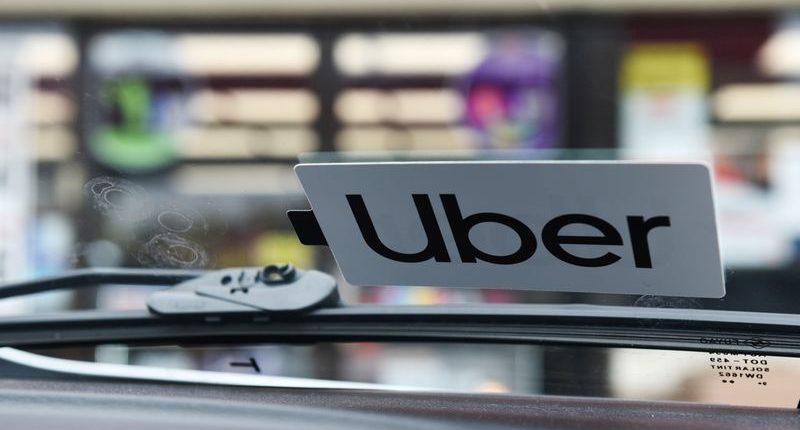Uber, the company which proclaimed that it had enough capital to ‘get through 2020 no matter what,’ might just need to search its pockets again, as Q2 revenues take a massive fall, compared to both last quarter and year. In its earnings call today, Uber declared that net revenue declined 29% over the year, or 27% on a constant currency basis, and stood at $2.24 billion.
On the flip side, losses shrunk over the year, coming at about $1.78 billion in Q2, down from a massive $5.24 billion last year. The company also spent $131 million in stock-based compensation expense and $382 million in restructuring and related charges, which made up for a massive $513 million of Uber’s total losses. However, this can also be attributed to the gargantuan one time non-cash costs that came with last year’s IPO.
“COVID-19 response initiatives had an impact on GAAP net loss of $48 million, including an impact on GAAP revenue of $6 million, and an impact on GAAP cost of revenue of $22 million, and an impact on total operating expenses of $20 million,” the report reads.
While it became entirely clear that COVID 19 is not a good time for the mobility sector (as if it wasn’t clear enough already), Uber saw a massive uptake in its food delivery business. While the net revenue declined by 29% over the year, the food delivery business handled by Uber Eats grew by 103% year-over-year, bringing in $1.2 billion. In comparison, the mobility part of the company’s business shrunk by 67%, and stood at $790 million, down from $2.4 billion in 2019.
Moreover, while the ANR (adjusted net revenue) of the entire corporation declined 33% year-over-year, it was mostly due to the mobility ANR taking a dive of 66%, $793 million. The food delivery business on the other hand saw a rise of 162% in its ANR, a testament to the fact that Uber might be witnessing a massive shift in its business.
However, this decline in business does not mean that the mobility business is dead. Nelson Chai, CFO of Uber claims that the segment generated $50 million in Adjusted EBITDA profit, despite a 73 percent year-over-year decline in Gross Bookings, on a constant currency basis.
CEO Dara Khosrowshahi told analysts in a conference call that the recovery in ride hailing part of the business has been led by Asia, even though India still has not gotten back in Ubers yet. “Asia, excluding India, is in the recovery lead. We’ve seen gross bookings of Hong Kong and New Zealand at times exceed pre-Covid highs,” Khosrowshahi said.
The company already sold Uber eats India to competitor Zomato, for a 9.99% stake in the company, and thus, was unable to leverage the rise in demand of food delivery platforms caused by COVID 19.
Moreover, the company also streamlined its operations in the quarter, removing over $1 billion in annualized costs across the entire company, as well as reducing Corporate G&A and Platform R&D costs by over $150 million compared to last quarter.
In fact, the company remains hopeful to this day, and based on its “strong balance sheet”, hopes to achieve Adjusted EBITDA profitability before the end of 2021.
The Tech Portal is published by Blue Box Media Private Limited. Our investors have no influence over our reporting. Read our full Ownership and Funding Disclosure →






